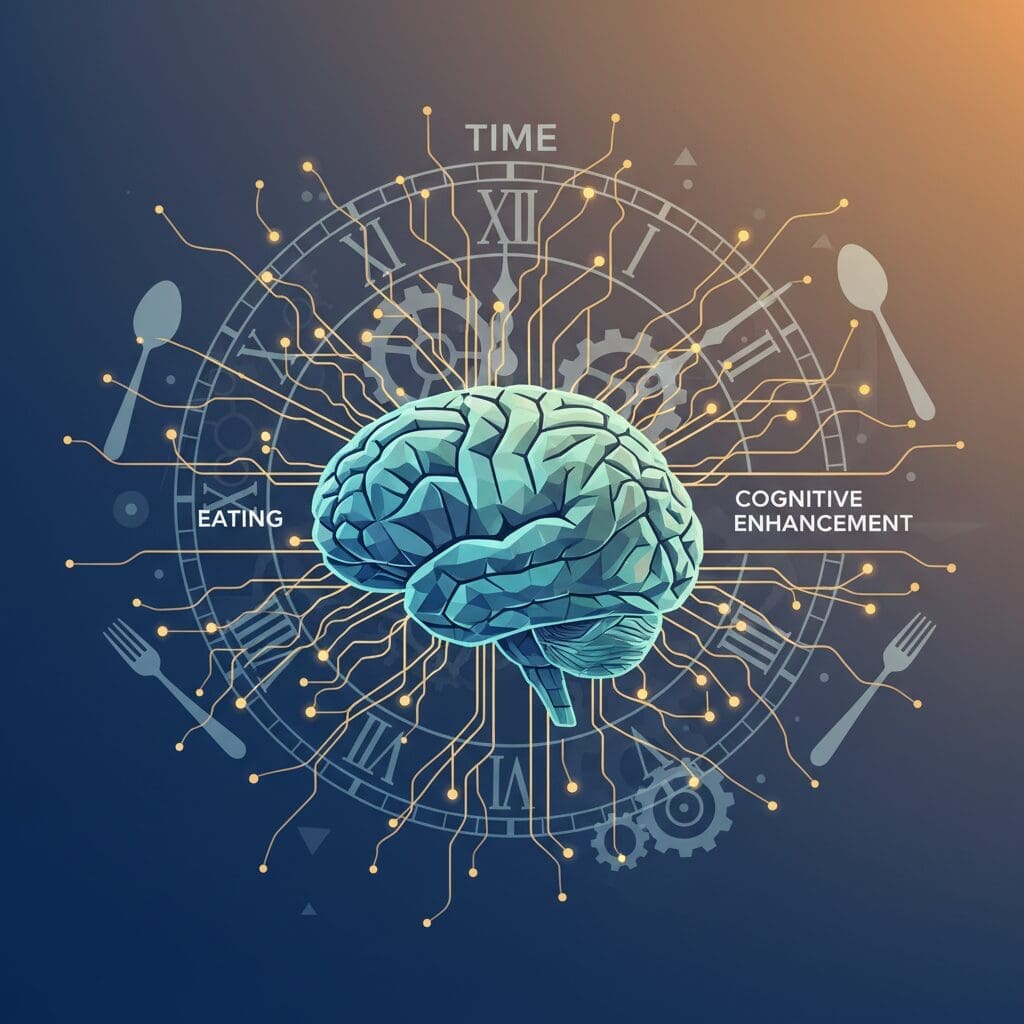Boost Your Brainpower: How Intermittent Fasting Enhances Cognitive Function

In the quest for peak mental performance, we often look to complex supplements, brain-training apps, or rigid diets. But what if one of the most effective strategies for boosting your brainpower is not about what you eat, but when you eat?
Enter intermittent fasting (IF), an eating pattern that has gained significant attention for its wide-ranging health benefits, including profound effects on cognitive function. This article explores the compelling science behind how intermittent fasting can sharpen your mind, protect against neurodegenerative diseases, and unlock a new level of mental clarity.
The Cellular Mechanisms: What Happens in Your Brain When You Fast?

When you abstain from food for a period, your body undergoes a metabolic switch, shifting from using glucose as its primary fuel source to burning fat. This process produces ketones, which are an incredibly efficient energy source for the brain.
More importantly, fasting triggers a cellular cleanup process called autophagy. During autophagy, cells remove damaged components and waste products, which is crucial for maintaining healthy neurons.
This ‘cellular housekeeping’ helps reduce inflammation and oxidative stress—two key factors in cognitive decline, as highlighted by research in the New England Journal of Medicine. Fasting also boosts the production of Brain-Derived Neurotrophic Factor (BDNF), a protein often described as ‘Miracle-Gro for the brain,’ as it supports the survival of existing neurons and encourages the growth of new ones.
Sharper Focus and Enhanced Memory: The Tangible Cognitive Benefits

The biological changes initiated by intermittent fasting translate into real-world cognitive improvements. Many practitioners report heightened focus and concentration during their fasting periods, which can be attributed to the brain-boosting effects of ketones and increased levels of norepinephrine, a neurotransmitter that enhances alertness.
A growing body of research, including studies reviewed in the journal Nutrients, has shown that IF can improve learning and memory. The increase in BDNF, for example, strengthens synapses—the connections between neurons—which is fundamental for memory formation and recall.
By reducing brain fog and promoting mental clarity, IF can help you perform better on complex tasks and retain information more effectively.
Getting Started: Popular Intermittent Fasting Methods for Beginners

Starting with intermittent fasting doesn’t have to be intimidating. There are several popular methods to choose from, allowing you to find what works best for your lifestyle:
- The 16/8 Method: This involves fasting for 16 hours each day and eating during an 8-hour window (e.g., eating only between 12 PM and 8 PM).
- The 5:2 Diet: This involves eating normally for five days a week and restricting calories to about 500-600 on two non-consecutive days.
- Eat-Stop-Eat: This approach involves a full 24-hour fast once or twice a week.
It’s essential to start slowly, stay hydrated with water, and listen to your body.
Consulting with a healthcare professional before making significant dietary changes is always recommended.
Conclusion
Intermittent fasting is a powerful lifestyle intervention that offers more than just physical benefits. By tapping into your body’s innate cellular repair and energy optimization processes, it provides a robust toolkit for enhancing cognitive function, protecting long-term brain health, and achieving a new level of mental clarity.
While it’s not a magic bullet, incorporating a structured eating pattern like IF, or even exploring other science-backed dietary approaches, can be a simple yet profound way to invest in your most valuable asset: your brain.
